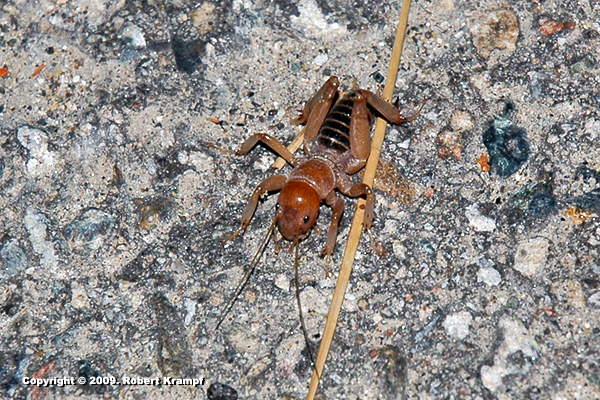
Answer:
As strange as that may sound, there are quite a few parasites that change the behavior of the host. Toxiplasma gondii is a parasite that spends part of its life in rodents, and part of its life in cats. While in the rodent, it causes mice and rats to lose their fear of the smell of cats. They are still afraid of the smell of other predators, but not of cats. This makes them much more likely to be eaten by cats, which is necessary for the cycle to continue.
Lancet flukes are even more amazing. They spend part of their life cycle in ants, but then need to spend the rest of their life cycle in sheep. Sheep don't usually eat ants, but the fluke causes an infected ant to climb to the top of a blade of grass, attach itself with its jaws, and stay there until it either dies or is eaten by a grazing sheep.
There are even studies that suggest that some parasites alter human behavior. I suspect that is true, and that I was bitten by the "science bug" as a child.

